
Welcome to the Department of Immunology & Microbiology
To stimulate leading-edge research and scientific training in a diverse and welcoming community. We focus our collective expertise on fundamental mechanisms in immunity and infection, and work together to transform the power of scientific discovery into novel therapies for infectious diseases, autoimmunity and cancer.
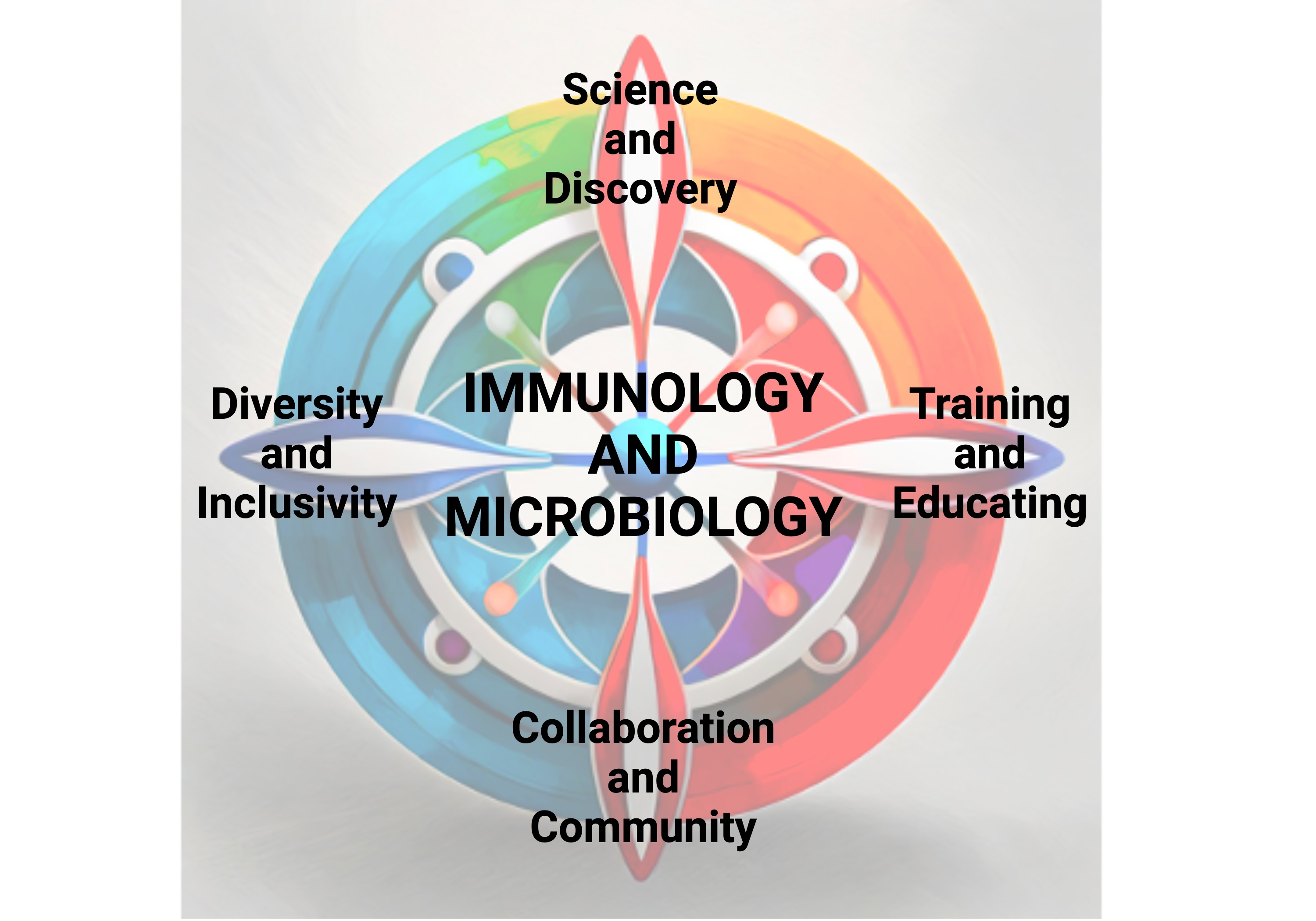
Leslie Berg, PhD
Professor, Chair
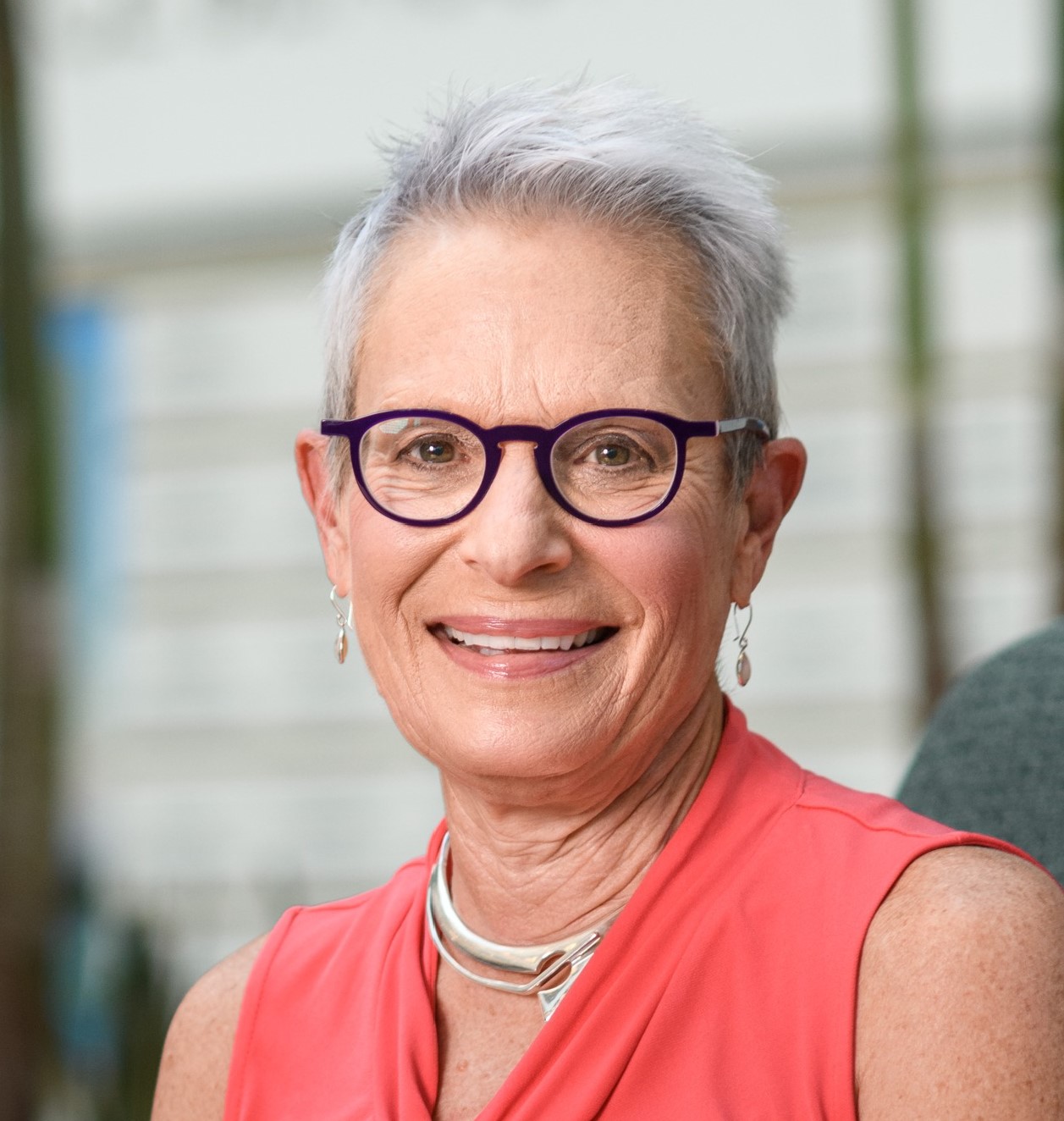
T cell activation, differentiation, and responses to infection and how these processes are regulated by T cell antigen receptor signaling
Linda van Dyk, PhD
Professor, Vice Chair
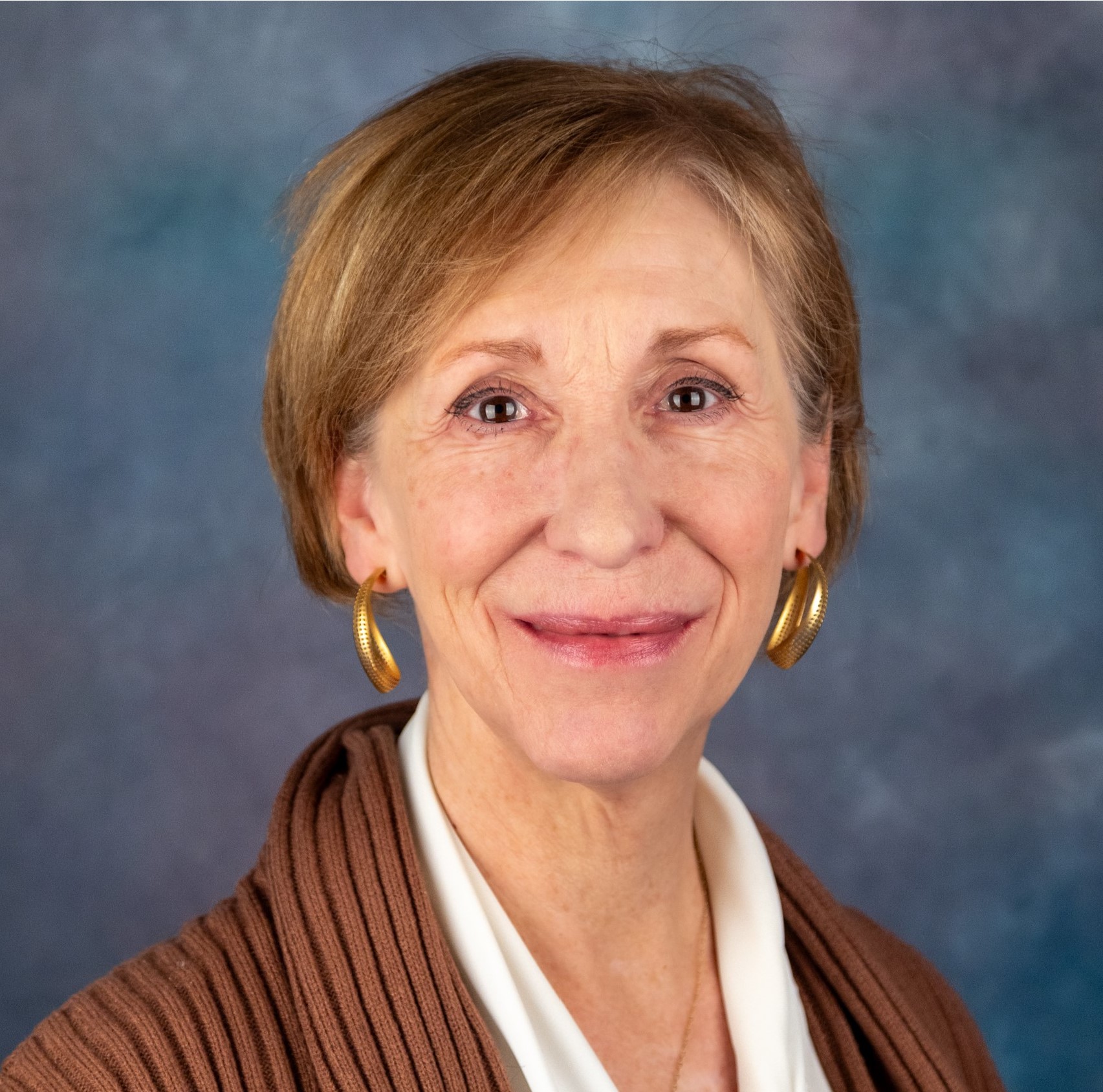
Genetic and molecular approaches to infection and pathogenesis by lymphotropic herpesviruses
We are a CU Anschutz Medical Campus Basic Science Departments!
To learn about the discoveries that are shaping the future of medicine...
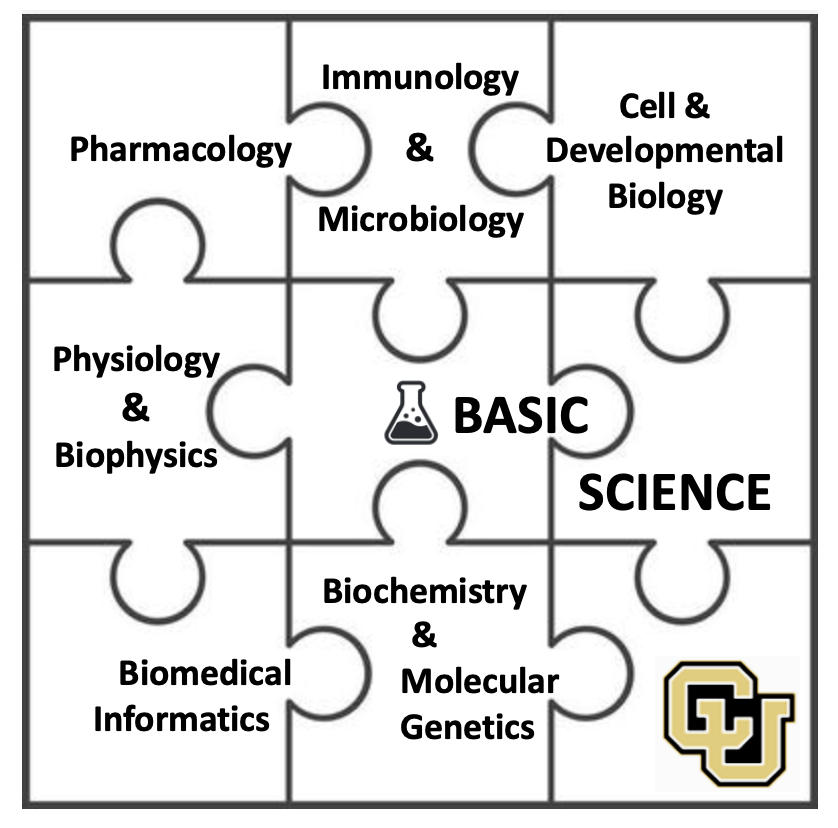
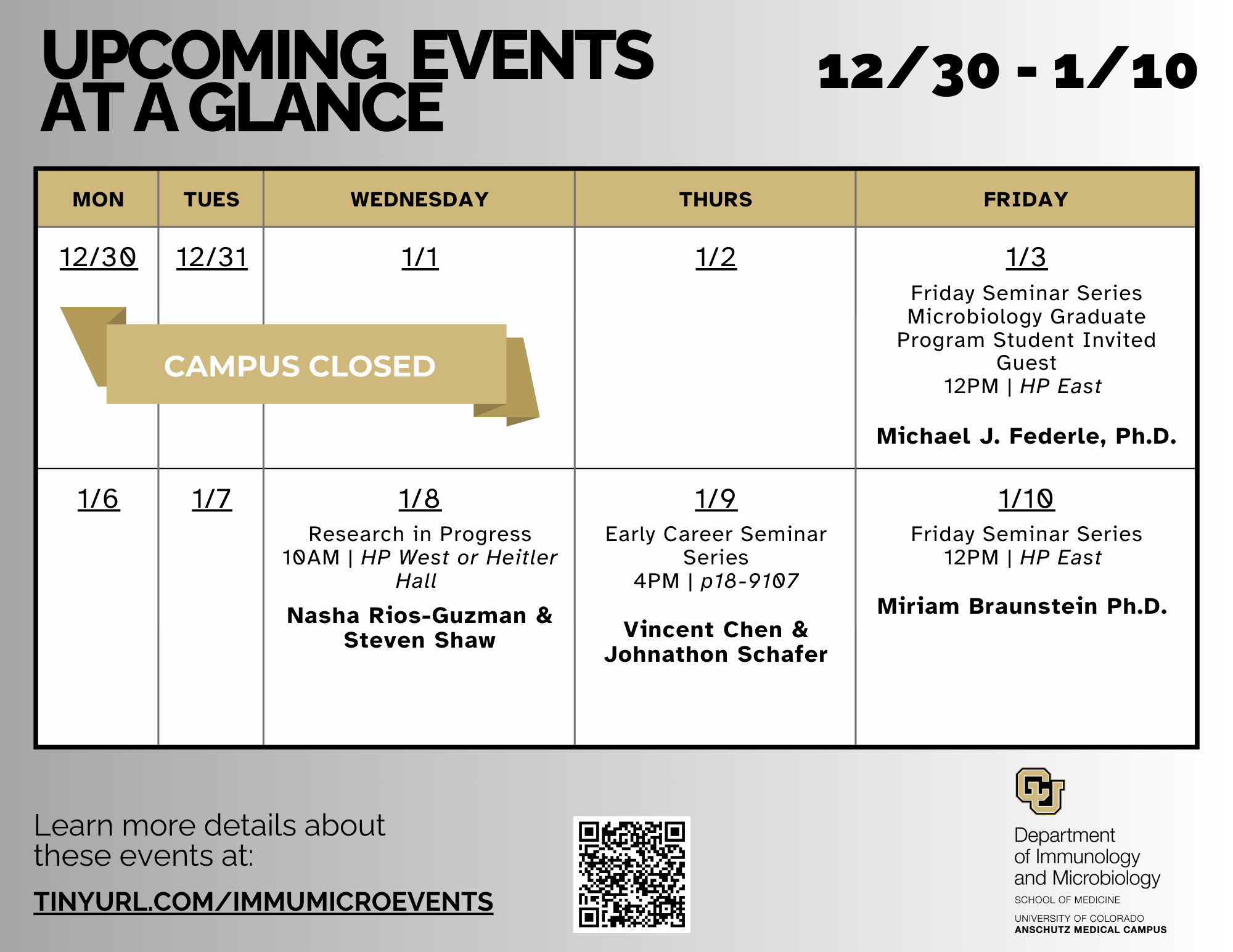
DIM Seminar Series | Pippa Marrack, Ph.D.
|
12:00 PM - 01:00 PM
Room Number: P18-1000 HENSEL PHELPS EAST LECTURE HALL
Research I North
12800 East 19th Avenue
Aurora, CO
Room Number: P18-1000 HENSEL PHELPS EAST LECTURE HALL
Research I North
12800 East 19th Avenue
Aurora, CO
ZOOM ID: 984 5836 2565
DEPARTMENT OF IMMUNOLOGY AND MICROBIOLOGY
SEMINAR SERIES
FRIDAY, March 7, 2024 | 12:00 AM
P18-1000 Hensel Phelps East Lecture Hall
ZOOM ID: 984 5836 2565
""
Pippa Marrack, Ph.D.
Add event to:
Dr. Laurent Gapin received funding from the Cancer League of Colorado for the Fall 2024 Research Grant.

CU Transforming Healthcare Lecture Series
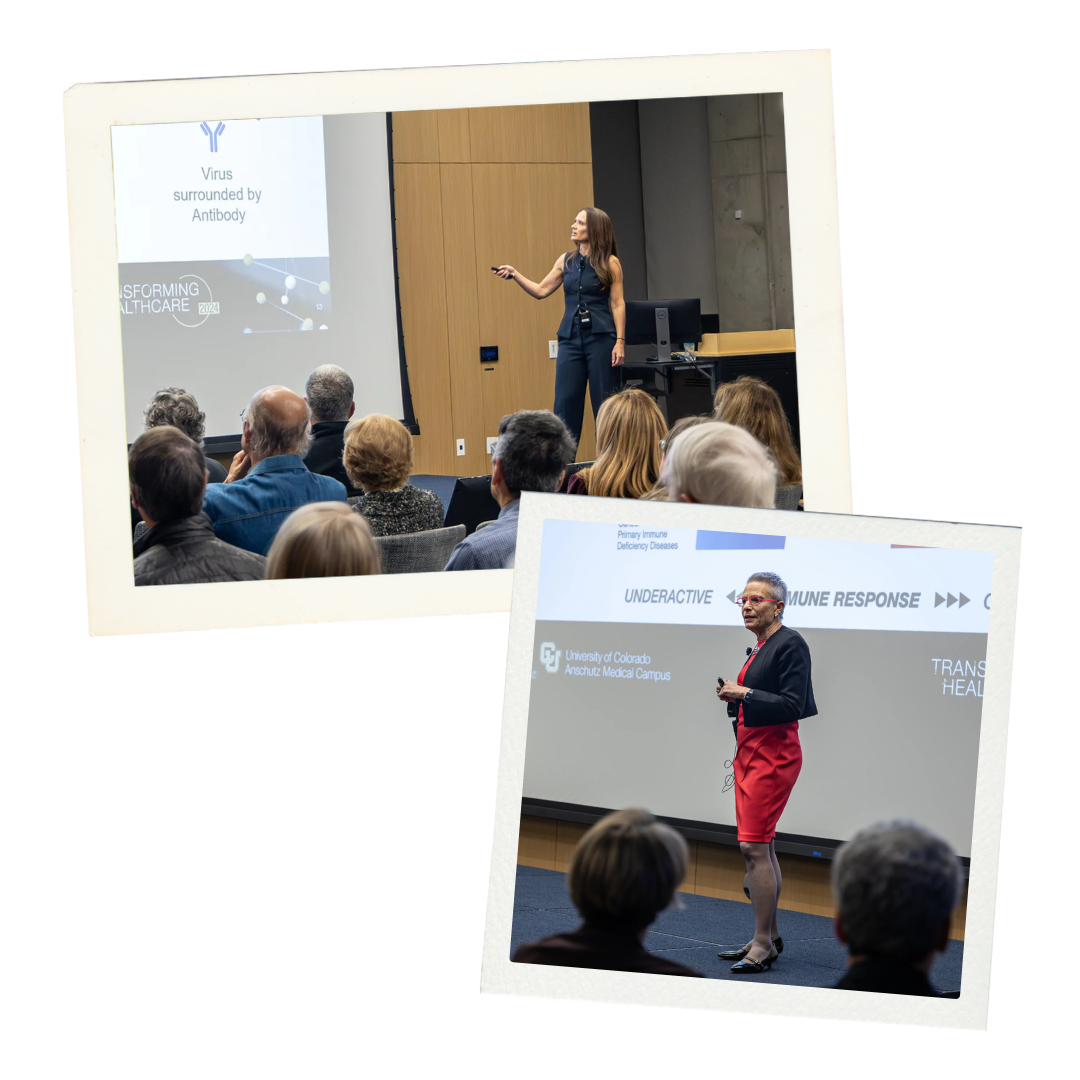
Leslie Berg, PhD and Aimee Pugh Bernard, PhD spoke in the CU Transforming Healthcare lecture series on “The Future of Immunotherapy: Breakthroughs Beyond Cancer.” Read more or Watch their presentation linked below.
Meet the Scientist: Kyla Ost, PhD
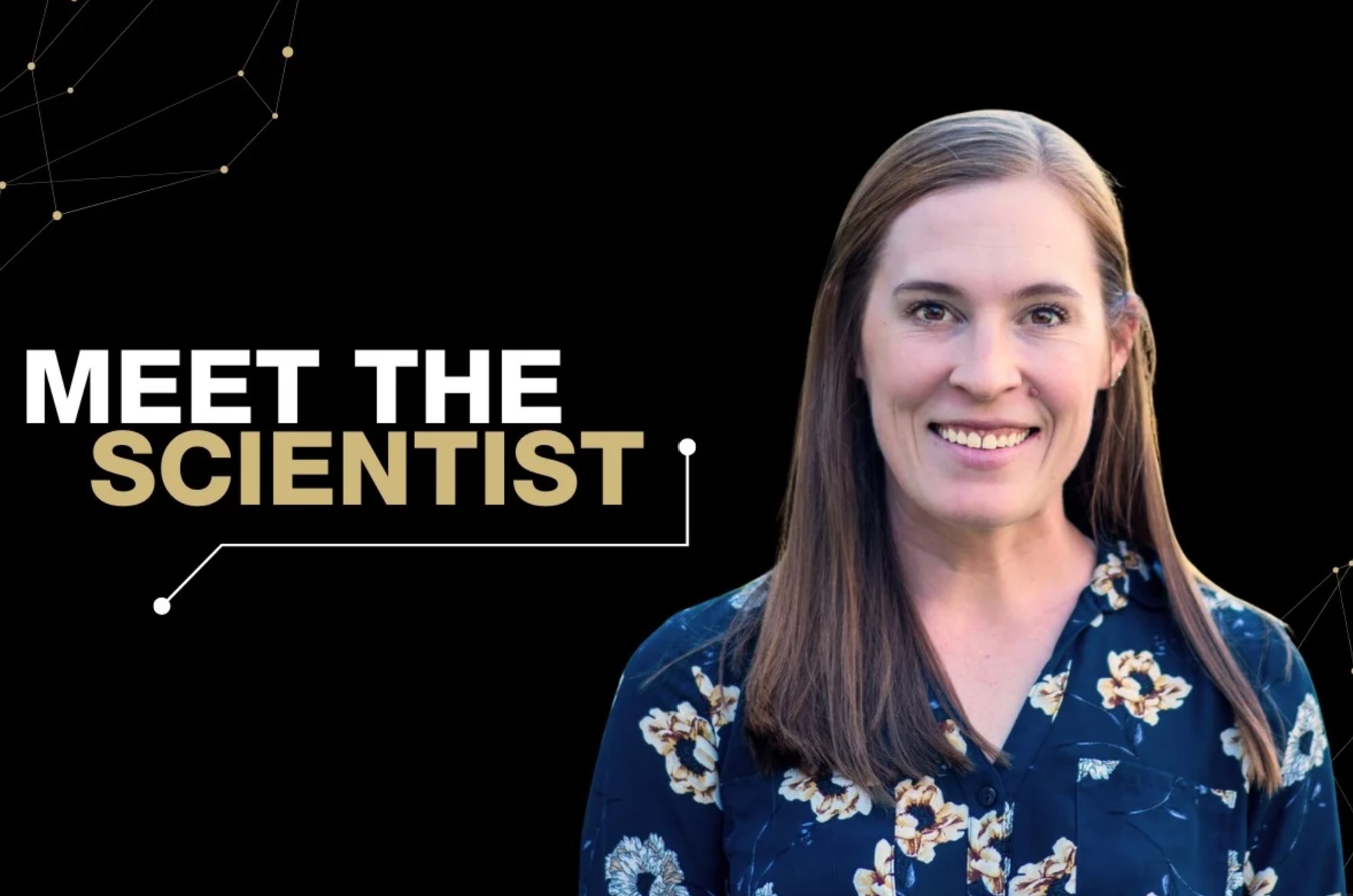
Kyla Ost, PhD is the first featured scientist in the new column 'Meet the Scientist' in the CU Anschutz Today e-newsletter!! Read her article How Do We Keep Helpful Gut Microbes While Getting Rid of Bad Ones? here

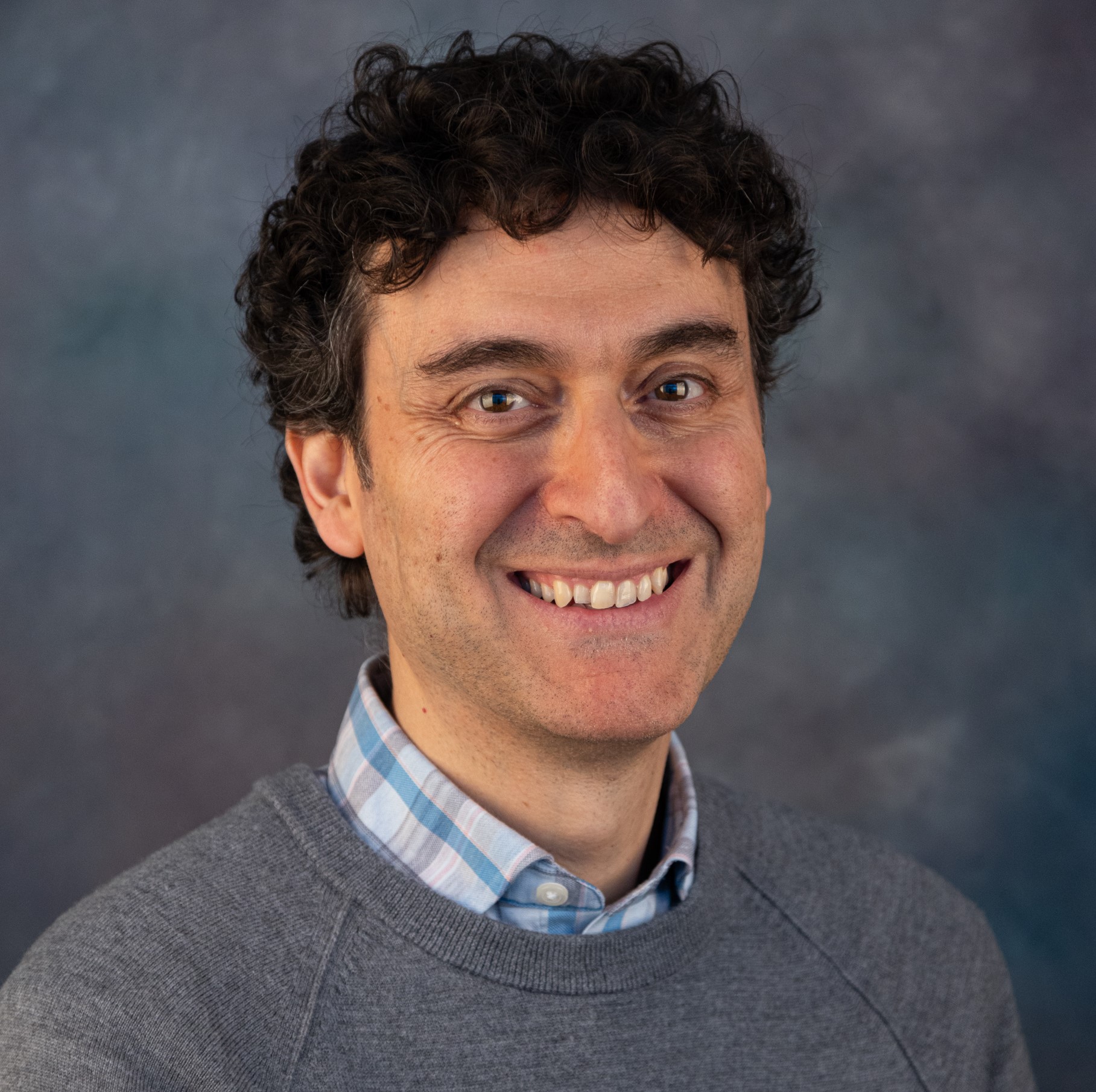
Jordan Jacobelli, PhD, associate professor of immunology and microbiology, is corresponding author of an original research article published October 3 by Frontiers in Immunology. The manuscript identifies distinct cellular mechanisms by which the cytoskeletal proteins mDia1 and FMNL1 regulate T cell migration, in part by facilitating nucleus deformation to enable migration though confined environments. Four colleagues from our campus are co-authors. from A Message from Dean Sampson | October 14, 2024
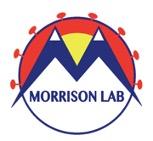
Great news from the Morrison Laboratory!
- They received an NIH R01 award with collaborators at the University of Pittsburgh to study mechanisms by which viruses target specific cells and how this contributes to disease.
- They also received an NIH R56 award with Carlos Catalano (CU School of Pharmacy) to further develop a phage-based vaccine platform for emerging viral infections.
- The Morrison Laboratory is part of a large team led by Mike Diamond (Washington University) that was awarded an NIH U19 on Research and Development of Vaccines and Monoclonal Antibodies for Pandemic Preparedness (ReVAMPP). The ReVAMPP network will conduct research on high-priority pathogens most likely to threaten human health with the goal of developing effective vaccines and monoclonal antibodies. See https://www.nih.gov/news-events/news-releases/nih-awards-establish-pandemic-preparedness-research-network
Ann Palmenberg Junior Investigator Award
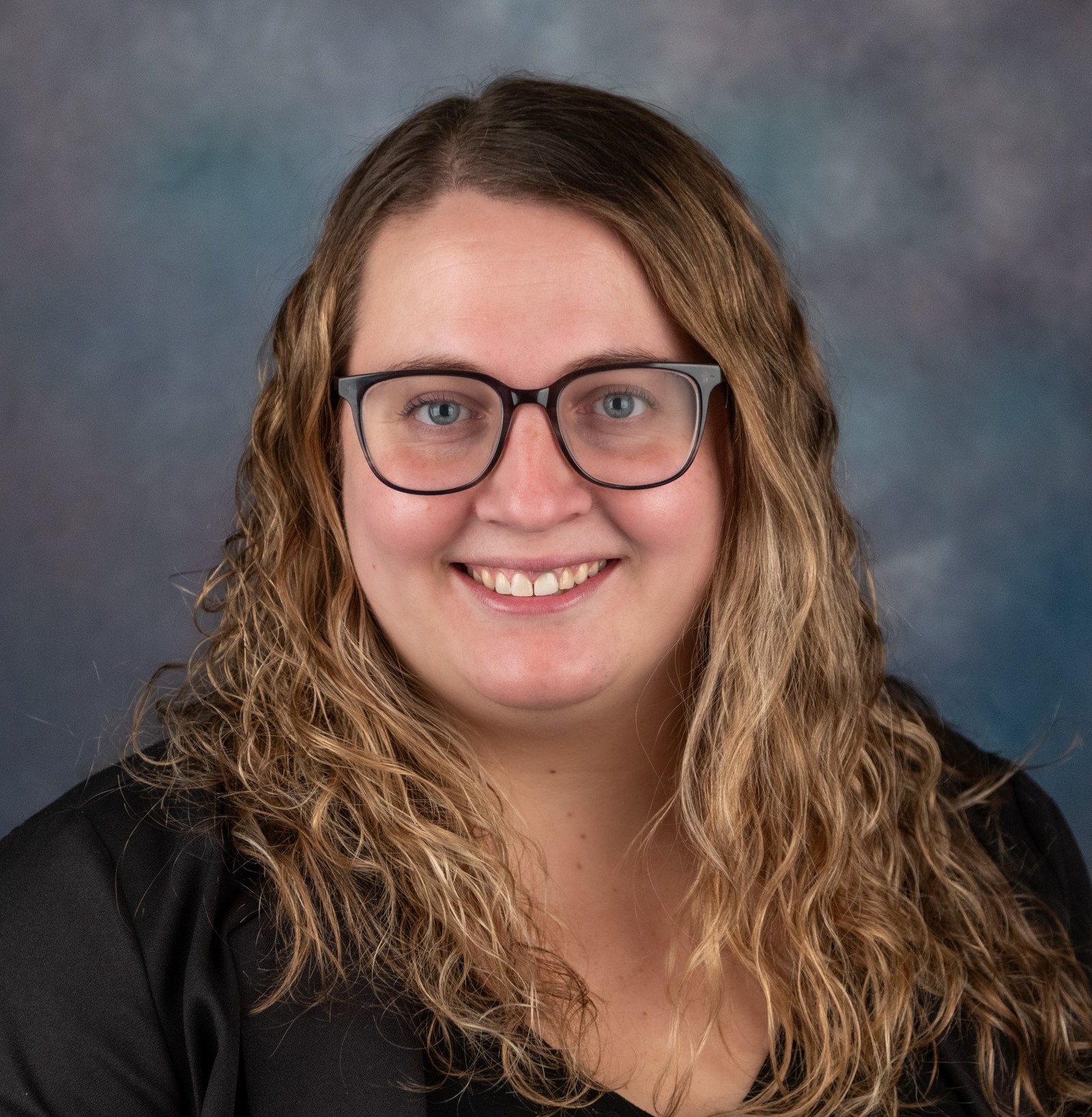
Jenna Guthmiller, PhD, assistant professor of immunology and microbiology, received the Ann Palmenberg Junior Investigator Award at the American Society for Virology annual meeting on June 25. The award recognizes junior investigators who have made significant contributions to the field of virology and who display exceptional promise. Her lab studies how broadly protective humoral immunity against influenza viruses develops and can be harnessed by vaccination. Her expertise has been showcased in recent news reports about avian flu, including this article in the AAMC News and this report in The Denver Post.
